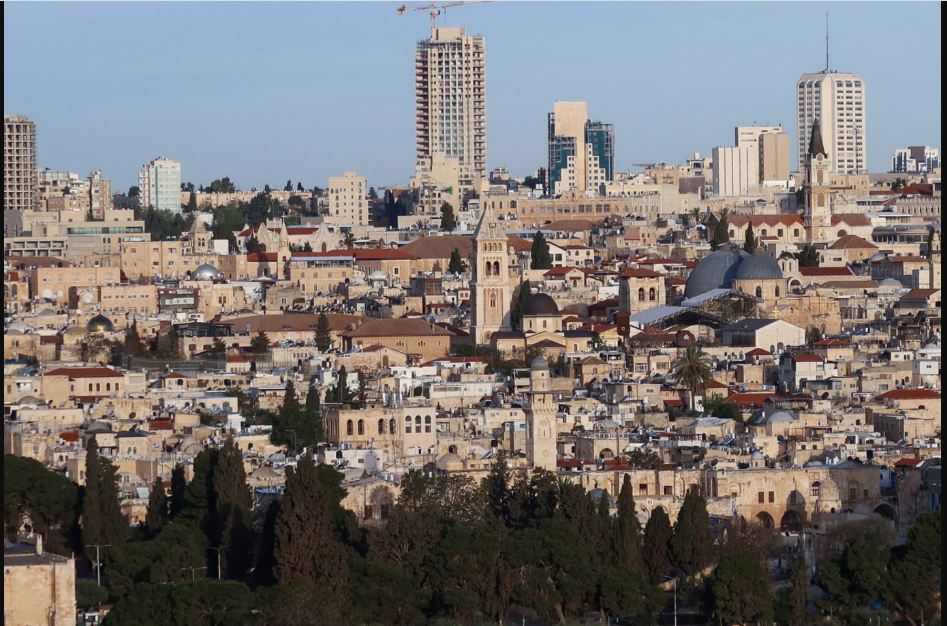OPINION: Why Muslims in India Enjoy More Religious Freedom Than in Many “Muslim” Countries
It’s time the Muslim world re-evaluates its assumptions and acknowledges that in Bharat, Muslims don’t just survive — they thrive.
A few days ago, an Arab friend messaged me on WhatsApp, visibly happy that Bharat — India’s ancient name, which many Arabs still use — had supported a United Nations resolution condemning the burning of the Qur’an. His delight was genuine, but also laced with surprise. For many in the Arab world, India is seen through the distorted lens of Western media, which often paints the country as increasingly hostile to its Muslim minority.
I took the opportunity to tell him something that left him stunned: that Bharat is, in fact, the most Muslim-friendly non-Muslim country in the world — and in many ways, even more accommodating of Muslims than some countries that identify as Islamic republics.
Religious Freedom Enshrined in Law
Let’s begin with a foundational truth: Bharat is the only officially non-Muslim country where Muslims are constitutionally allowed to follow their own personal religious laws in matters of birth, marriage, divorce, death, and inheritance. This is not some casual cultural accommodation. It’s enshrined in the Indian Constitution and protected under the Muslim Personal Law (Shariat) Application Act of 1937.
Compare this to places like France, where Muslim women can’t wear a niqab in public, or even Turkey under past secular regimes where the hijab was once banned in public institutions. In Bharat, Muslim women are free to wear full hijab or niqab without fear of persecution or legal backlash.
State Support for Religious Institutions
Bharat is also the only non-Muslim nation where the state directly supports Islamic religious institutions. Under the Waqf Act, the central and state governments manage and fund Islamic charitable properties. Salaries of Imams and Muezzins in many mosques are paid by government-administered Waqf Boards. Imagine that — a secular government funding Islamic clerics in a Hindu-majority country.
Not only that, but both Eid al-Fitr and Eid al-Adha are national holidays, and Muslims are free to make the adhan (call to prayer) over loudspeakers across the country — a right even some Muslim-majority nations are increasingly regulating due to noise complaints or political tension.
Largest Number of Mosques in the World
One of the most astonishing facts, often ignored, is that Bharat has more mosques than any Muslim country in the world — over 300,000 by some estimates. These include some of the oldest mosques in Islamic history, such as the Cheraman Juma Masjid in Kerala, built in 629 CE during the lifetime of Prophet Muhammad (peace be upon him).
Bharat is also home to some of the most respected Islamic educational institutions, such as Darul Uloom Deoband, Nadwatul Ulama, Jamia Salafiyah Banaras, and Jamia Sanabil. These madaris have trained generations of scholars and continue to contribute to Islamic intellectual heritage globally.
Political Representation and Muslim Icons
Far from being marginalized, Muslims in Bharat have played pivotal roles in shaping the nation’s modern identity. The country has had three Muslim Presidents, including the much-loved Dr. A.P.J. Abdul Kalam, known as the “Missile Man of India” and a key architect of the country’s space and defense programs. The first Education Minister of independent India was a Muslim — Maulana Abul Kalam Azad.
Today, Muslims are active in politics, law, bureaucracy, cinema, business, and even the military. Several prominent Muslim officers have held senior positions in the armed forces and intelligence services.
Standing Up for Muslim Causes Internationally
It is also not the first time that Bharat has supported Muslim causes on the global stage. In 1971, Bharat stood with the Bengali Muslims of East Pakistan (now Bangladesh) who were facing genocide. Over the decades, it has consistently supported Muslim countries like Indonesia, Egypt, Palestine, and Saudi Arabia in various international forums, including the United Nations.
Despite being a non-Muslim-majority country, Bharat has never shied away from supporting causes rooted in justice and human dignity — regardless of religion.
Western Media’s Double Standards
Yet, despite these facts, Western media continues to lecture Bharat on minority rights, while conveniently ignoring its own backyard where Muslims are subject to increasing Islamophobia, surveillance, and marginalization. Muslims in many European countries can’t wear religious attire, are profiled at airports, or live in ghettos devoid of economic opportunity.
The West champions itself as the model of liberal democracy, yet some of its policies — particularly toward Muslims — resemble state-sponsored prejudice. Meanwhile, Bharat, with its flaws and imperfections, continues to offer unparalleled religious freedom to its Muslim citizens.
A Reality Check for the Muslim World
My Arab friend was stunned. “We had no idea,” he said, his tone reflecting both appreciation and regret. And he’s not alone. Many in the Arab and wider Muslim world have been fed a simplistic narrative about Bharat — one that ignores its deep-rooted civilizational tolerance, its pluralism, and its legal protections for all faiths.
Yes, Bharat has its challenges. There are political tensions, communal incidents, and media noise — just like any diverse democracy. But when it comes to the lived experience of being a Muslim in a non-Muslim country, Bharat’s record speaks for itself — and loudly so.
It’s time the Muslim world re-evaluates its assumptions and acknowledges that in Bharat, Muslims don’t just survive — they thrive.
Disclaimer: Views expressed by writers in this section are their own and do not reflect Milli Chronicle’s point-of-view.



